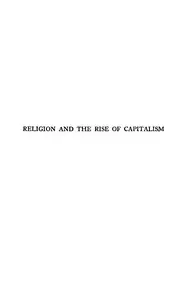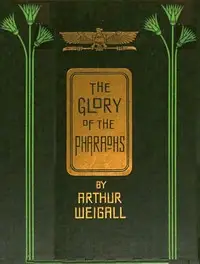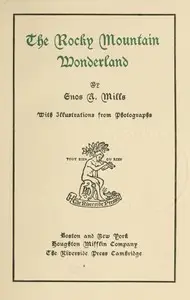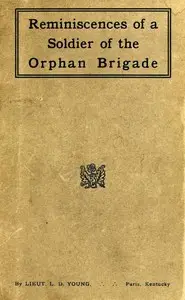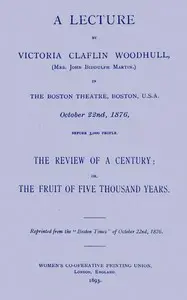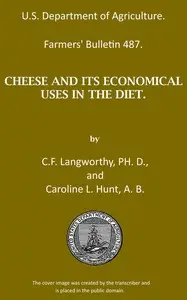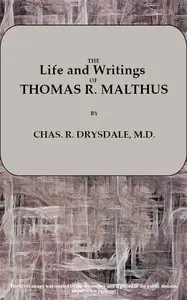"The Agrarian Problem in the Sixteenth Century" by R. H. Tawney is a historical account written in the early 20th century. The book examines the significant economic and social transformations that took place in England regarding agrarian conditions, starting from the late Middle Ages leading up to the English Civil War. It discusses the rise of a new agricultural economy characterized by increasing enclosure practices, the displacement of customary tenants, and the emergence of competitive rents, all contributing to a distinct change in landholding patterns. The opening of this work introduces the agrarian challenges faced by statesmen during the sixteenth century and outlines the multifaceted nature of the agrarian problem, including its economic, legal, and political dimensions. Tawney highlights how these changes affected the rural population, drawing attention to the struggles between larger landholders and the customary tenants who suffered as a result of enclosures and rising rents. He presents arguments based on contemporary writings and manorial documents, establishing a foundation for analyzing the agrarian revolution's impact on English society and lays the groundwork for the exploration of tenant rights, the nature of land tenure, and how these shifts in agriculture contributed to broader changes in social and political power dynamics. (This is an automatically generated summary.)
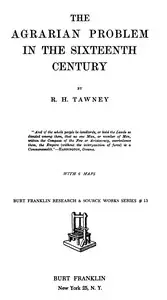
The Agrarian Problem in the Sixteenth Century
By R. H. (Richard Henry) Tawney
"The Agrarian Problem in the Sixteenth Century" by R. H. Tawney is a historical account written in the early 20th century. The book examines the signi...
Genres
Released
2012-07-26
Formats
epub
mobi
mobi (images)
epub (images)
epub3 (images)
Free Download
Overview
About the Author
Richard Henry Tawney was an English economic historian, social critic, ethical socialist, Christian socialist, and important proponent of adult education. The Oxford Companion to British History (1997) explained that Tawney made a "significant impact" in these "interrelated roles". A. L. Rowse goes further by insisting that "Tawney exercised the widest influence of any historian of his time, politically, socially and, above all, educationally".
Total Reviews
10.0k
Total reviews from Goodreads may change

